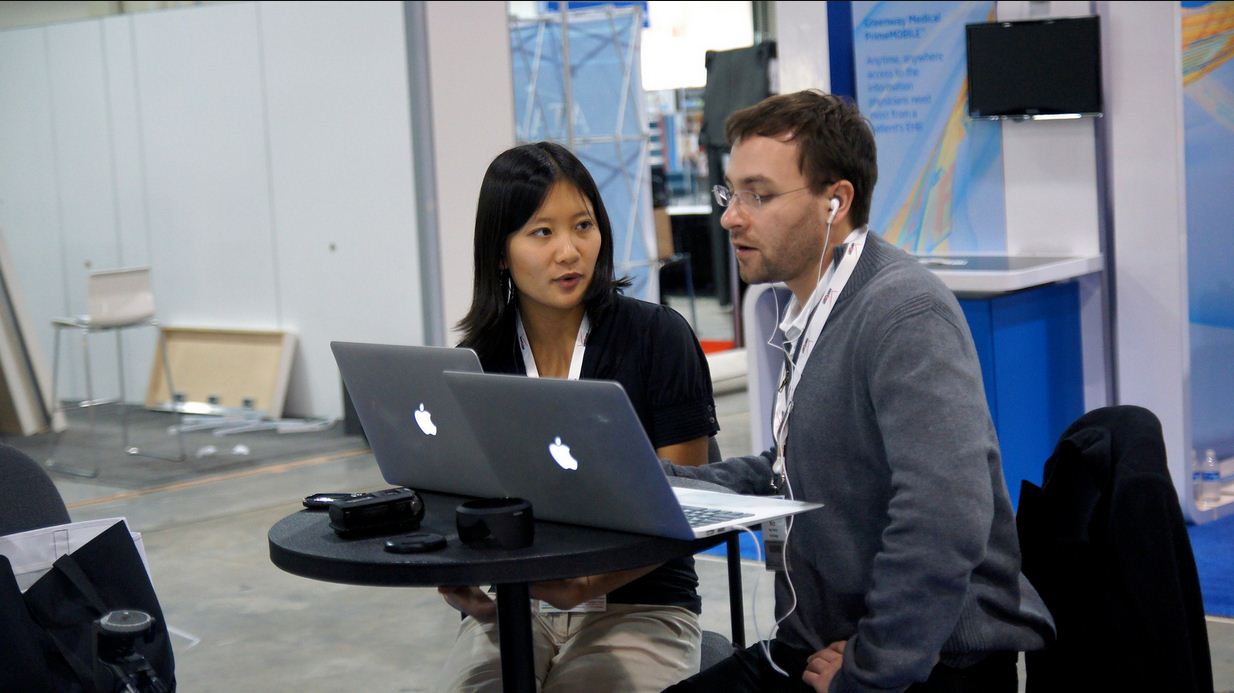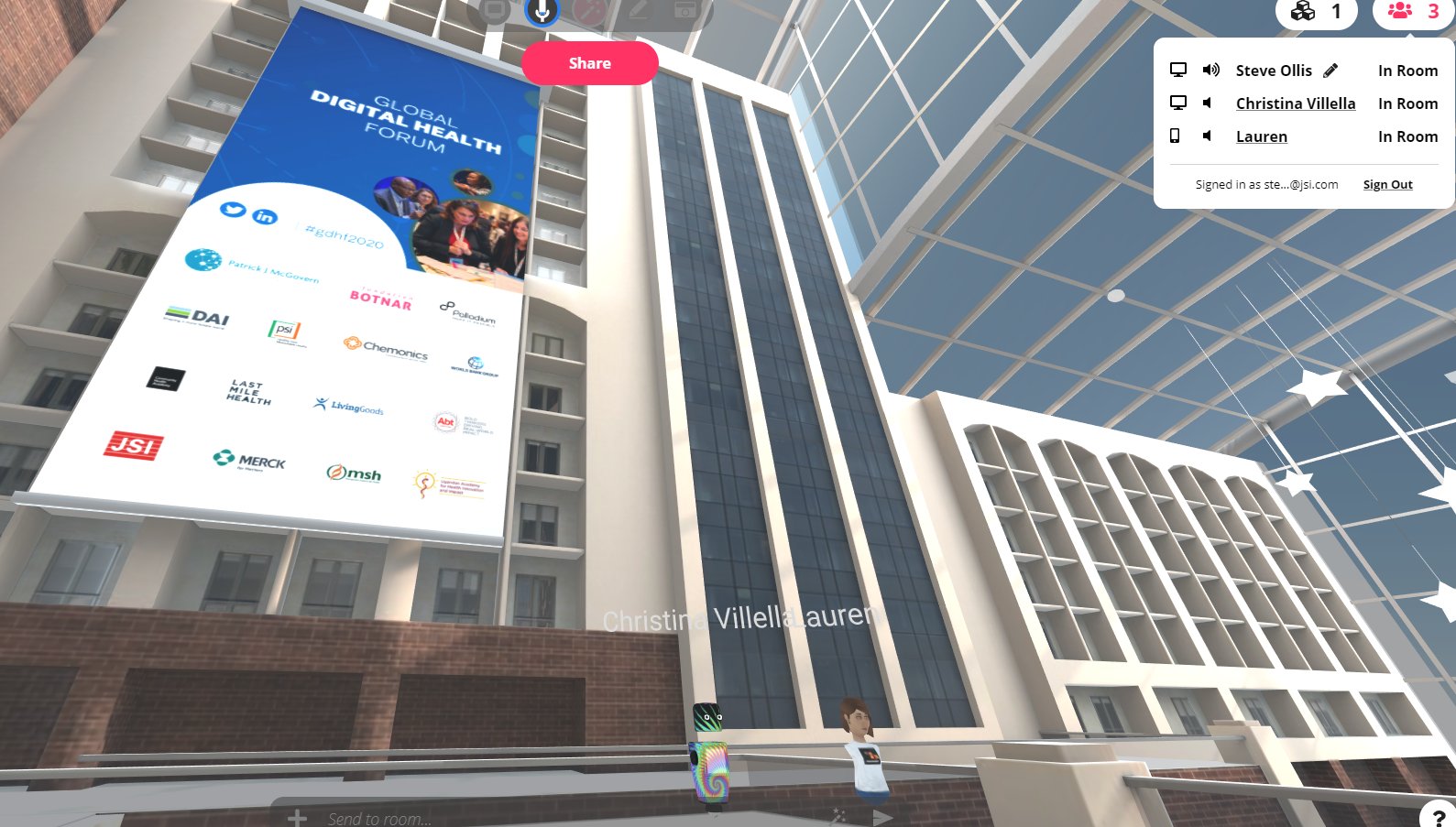With high expectations for mobile health initiatives, and a proliferation of pilot projects (see this map from Uganda), it can be easy to forget that the mHealth field is still young. Like any emergent industry, mHealth is currently experiencing growing pains, a few of which were highlighted by Tina Rosenberg in her recent New York Times article, “The Benefits of Mobile Health, On Hold”.
In the article, Rosenberg raises a number of important points. She cites, for example, the misalignment between expectations and current realities in mHealth:
“Roughly a decade after the start of mHealth, as the mobile health field has come to be known, these expectations are far from being met. The delivery system is there. But we don’t yet know what to deliver.”
She also highlights the pilot fatigue that has stricken mobile-saturated countries such as Uganda and South Africa, as both public and private sector actors rush to become first-movers in the mHealth space. In some cases this has led to lack of coordination and limited impact.
But there is a silver lining. New research is underway in the mHealth space, and leading actors in are learning from past mistakes to design more effective platforms. Projects such as UNICEF’s Project Mwana have successfully introduced simplicity to a complex health system. And stakeholders are beginning to wake up to the fact that technology is only one part (and often the easiest part) of the equation.
This issue was addressed by Patricia Mechael, executive director of the mHealth Alliance, in the NY Times article: “We can get excited about the shiny new object, but the real impact comes from thinking about the cultural and professional context in which it’s being implemented.” How are mHealth platforms adapting to new realities, and reacting to emergent challenges?
This will be a key point of discussion in our upcoming Mobile Phones for Public Health online certificate course, in which Mechael will speak as a guest expert. The course, which begins next week and runs from June 3 to June 28, already has participants signed up from over 25 countries.
Through case studies, guest expert interviews, multimedia tutorials, interactive exercises and live demonstrations of mHealth tools, the course will showcase how mobile technologies are revolutionizing global health systems – and how various challenges can be overcome. While current mHealth projects may not yet be meeting lofty expectations, they are certainly moving in the right direction.
For even more information about the course, visit the course page or take a look at the syllabus. To make sure you get a seat, fill out an application here and enroll today!


